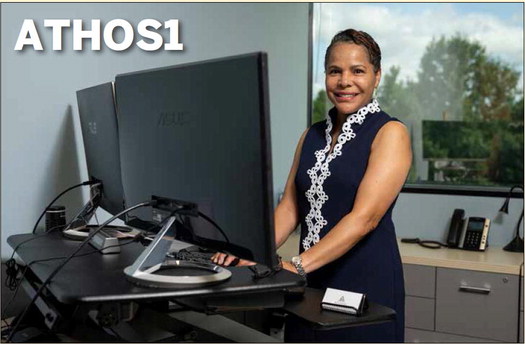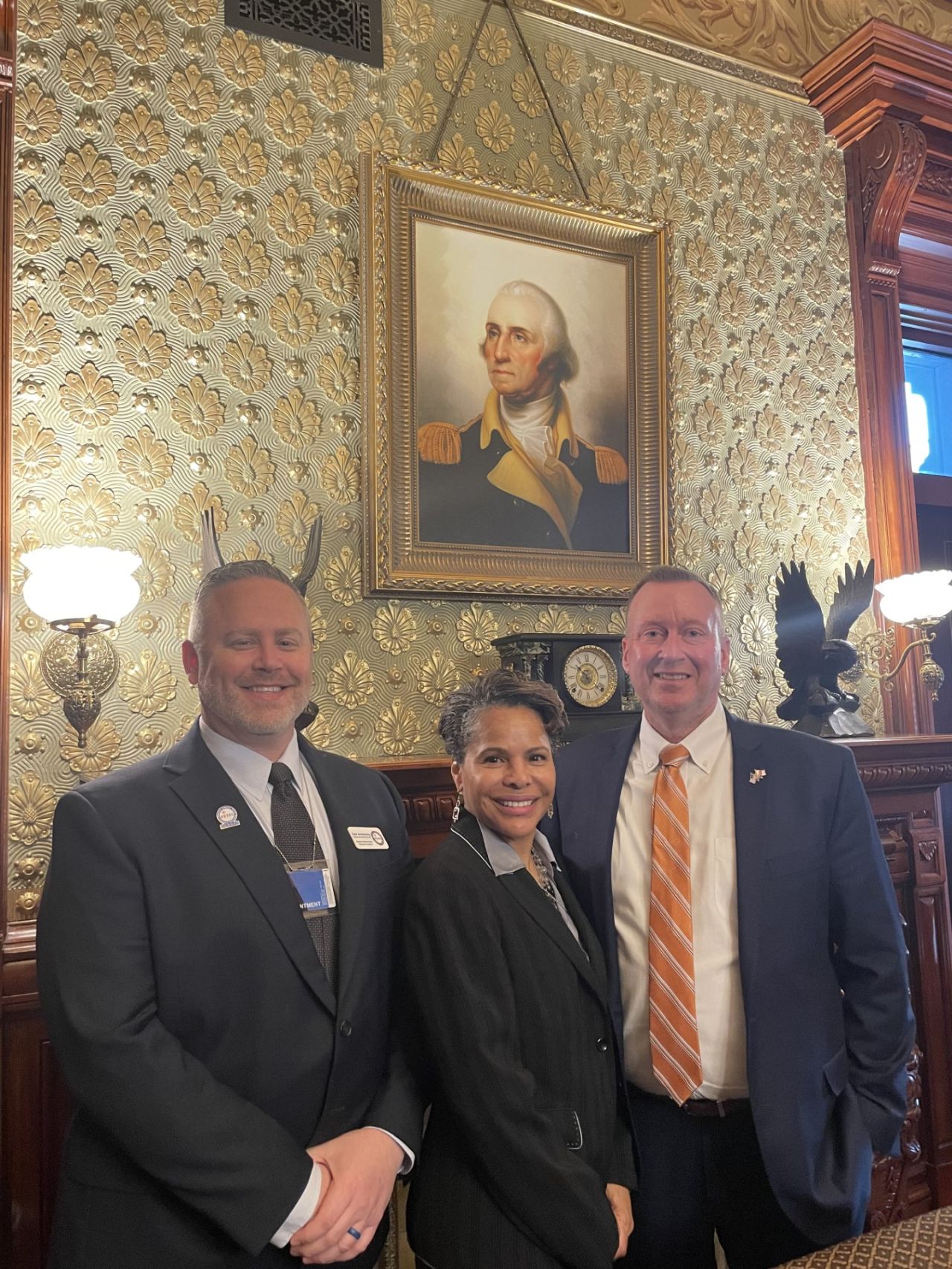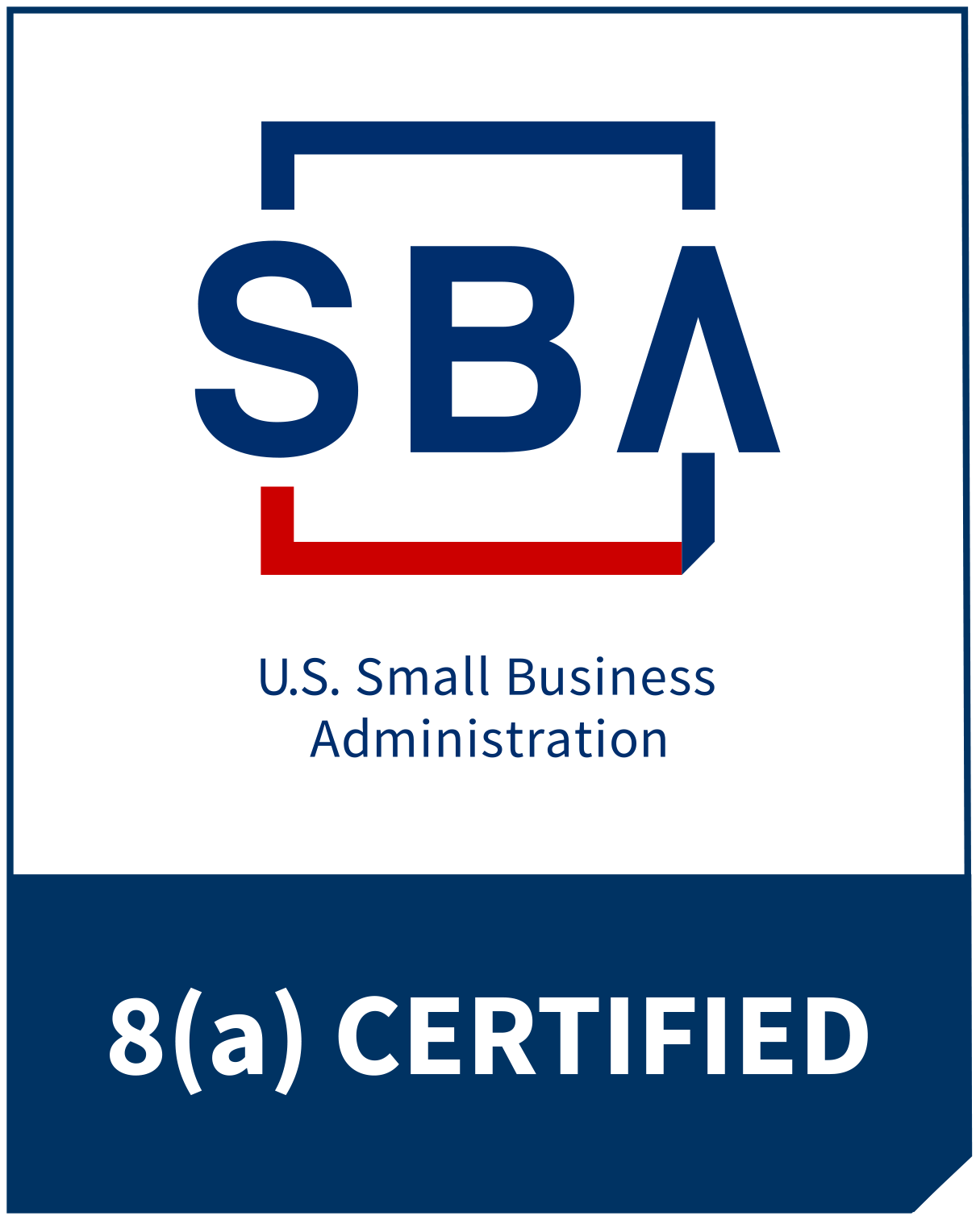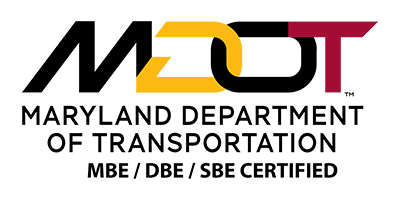By Pete Pichaske
Even when she was several years away from retirement, Cheryl Ford was hard at work figuring out what she would do post-retirement.
A decade ago, Ford, a muchdecorated public health officer in the U.S. Public Health Service Commissioned Corps, was planning her post-retirement career and had narrowed her options to three: starting her own business, working as a federal employee or becoming a consultant.
She decided that if she couldn’t come up with a name for her own business, a name that meant something to her, she’d take that possibility off the table.
One evening, before she went to sleep, Ford randomly wrote down a word that had popped into her head as a possible name. The word was “ATHOS,” and she had no idea what it might stand for or what it meant.
But when she woke up the next morning, “everything clicked,” as she put it: ATHOS was an acronym for “At the Helm of Success,” and as such was the perfect name for her company.
It got even better when Ford tried to register the word as a domain but discovered it was already in use. So, she changed it to ATHOS1, which was available, and that, she said, meant the word would stand or “At the Helm of Success, one must pay it forward.”
Ford launched her company in 2020, at the height of the COVID-19 pandemic, and she’s been purposefully taking it slowly. Based in Ellicott City, ATHOS1 is a Health IT programming and project management company, focused on health and public health advisory and consultancy. Her clients, Ford said, are federal agencies including the Department of Health and Human Services, Veterans Administration and Department of Defense.
Both before and after she launched her company, Ford learned the wisdom of starting out as a subcontractor through entrepreneur development training. She worked with some prime contractors who had the connections, experience and contracts she needed.
As her company develops, Ford expects to perform in a mix of subcontracting and prime contracting roles.
While she does have some independent contracts, she remains a one-person operation, set on not hiring anyone else until she has enough work to support him or her.
“I’m not going to hire (employees) until I have the ability to keep them,” she said.
She expects that within the next six to 12 months, she will be successful enough to hire one or two people and continue to build from there.
Ford also plans to boost her business by applying for her Federal 8(a) certification, a nine-year program that provides training and technical assistance to companies owned and controlled by socially or economically disadvantaged individuals.
“It essentially allows you to incubate for nine years,” as Ford put it. “My idea is, if I don’t meet that after nine years, modifying as I go along, I’ll cash out and go out of business.”
Ford certainly has the necessary academic credentials to make her business work. She has an architecture degree, two master’s degrees (in health administration and information systems) and a doctorate in public health, all earned with a 4.0 grade point average, she said. Although it’s early in her new life as an entrepreneur, Ford is confident she is going about her second, independent career the right way.
“It’s fine to dream, but dreaming without a plan doesn’t work,” she said. “If you don’t have a plan with your dream, it’s just a dream.
“I had to have a mindset before I launched into entrepreneurship,” Ford said. “I had to find my passion so that when I put in long hours, I’m not just working.” When you have that passion and a vision, she added, “it’s hard to fail.”
That approach, she said, is based on what she called the military mindset.
“We might not know the details of how we will get there, but we know where we’re going,” she explained. And for now, she added, early in her post-retirement career, “I have a mindset and I have a plan.”
‘I had to have a mindset before I launched into entrepreneurship. I had to find my passion so that when I put in long hours, I’m not just working.’












